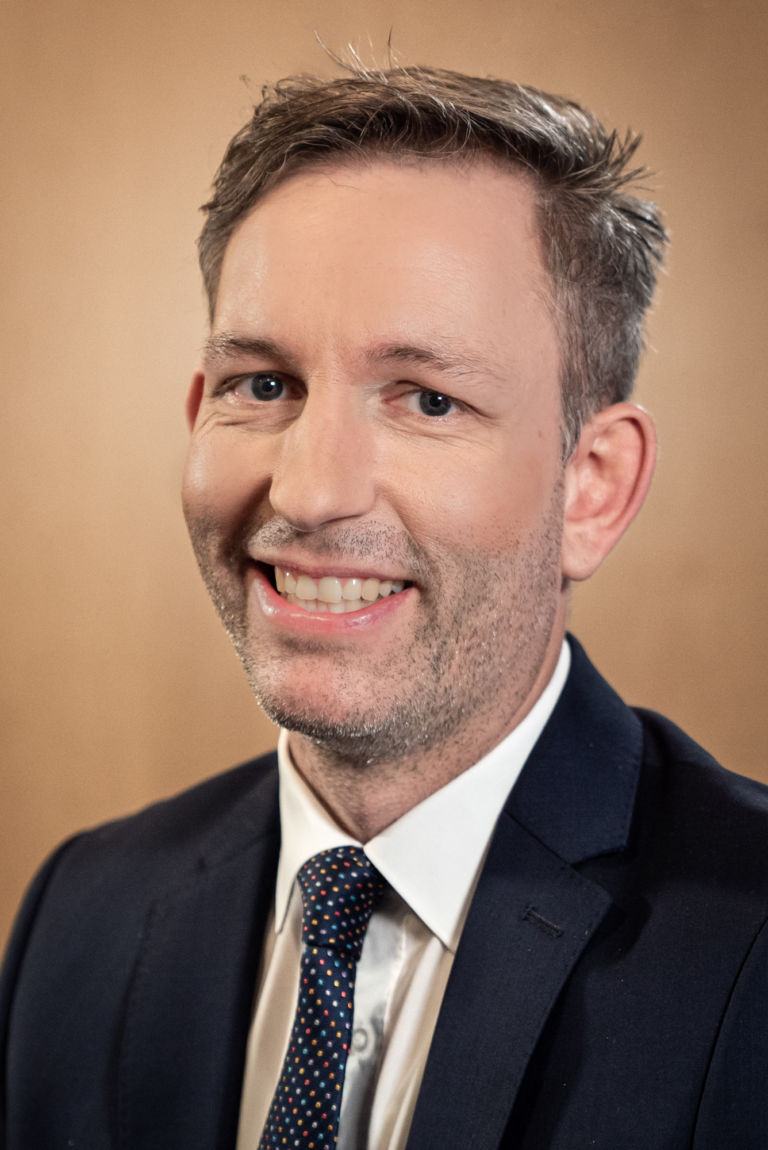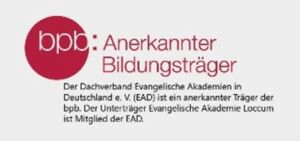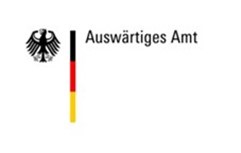With the following button you will be redirected to Google Translate:
to Google TranslateOn The Brink?
How to Deal with Nuclear Threats for Europe
08.10.2025 - 10.10.2025
Thema
With Russia’s ongoing nuclear saber-rattling, growing arsenals in China and North Korea, and modernization of atomic weapons programs underway among larger and smaller nuclear powers, the danger of nuclear threats is once again at the forefront of everyone’s minds. Calls for credible deterrence in Europe are growing louder, as are demands for increased efforts to reduce nuclear risk. At the same time, initiatives continue to work towards complete nuclear disarmament. So, what is the best way to address the growing nuclear threat in Europe?
This conference strictly follows the Chatham House rule – meaning that it is an off-camera/record and no personalized notetaking event. The working language is English. If required, simultaneous German-English translation will be provided for the plenary discussions.
Medien
„Drei Fragen an …“ Stephan Klement zum iranischen Atomprogramm und den Gefahren, die davon für Europa ausgehen. Stephan Klement ist Sonderbeauftragter für Nichtverbreitung und Abrüstung und Sonderberater für iranische Nuklearfragen beim Europäischen Auswärtigen Dienst in Brüssel. Er stellte sich unseren Fragen am 9. Oktober 2025 am Rande dieser Tagung.
Programm
zur DruckversionThomas MÜLLER-FÄRBER, Program Director, Protestant Academy Loccum
Ulrich KÜHN, Head, “Arms Control and Emerging Technologies”, Institute for Peace Research and Security Policy at the University of Hamburg (IFSH), Hamburg
John MECKLIN, Editor-in-Chief, Bulletin of the Atomic Scientists, Washington D.C.
Andrey BAKLITSKIY, Senior Researcher, Weapons of Mass Destruction Programme, UNIDIR (United Nations Institute for Disarmament Research), Geneva
Tong ZHAO, Senior Fellow, Nuclear Policy Program, Carnegie-Tsinghua Center for Global Policy, Washington D.C./Beijing
Moderation: Carmen WUNDERLICH, Senior Researcher, Institute for Development and Peace (INEF) at University of Duisburg-Essen and Research Fellow at the Peace Research Center Prague (PRCP)
François HEISBOURG, Senior Fellow, International Institute for Strategic Studies (IISS) and Special Advisor, Fondation pour la Recherche Stratégique (FRS), Paris
Eirini LEMOS-MANIATI, Head, Arms Control, Disarmament, and Weapons of Mass Destruction (WMD) Nonproliferation Centre (ACDC), HQ NATO, Brussels
Tom MCKANE, Distinguished Fellow of the Royal United Services Institute and former Director General for Strategy and Security Policy in the UK Ministry of Defence, London
* invited
** preliminary confirmed
Ian ANTHONY, Department for Defence Analysis, Strategy and Policy Section at FOI (Swedish Defence Research Agency) and Member of the International Group of Eminent Persons for a World Without Nuclear Weapons, Stockholm
Michael RÜHLE, former Head of Section, “Climate, Energy Security and Hybrid Threats“ at the Emerging Security Challenges Division, NATO Headquarter, Brussel
Susi SNYDER, Programme Coordinator, International Campaign to Abolish Nuclear Weapons (ICAN), Geneva
Tytti ERÄSTÖ, Senior Researcher, Weapons of Mass Destruction Program, SIPRI (Stockholm International Peace Research Institute), Solna
Oliver MEIER, Policy & Research Director, European Leadership Network, Berlin/London
Moderation: Tong ZHAO, Senior Fellow, Nuclear Policy Program, Carnegie-Tsinghua Center for Global Policy, Washington D.C./Beijing
Alice SALTINI, AI-Nuclear Policy Advisor, Institute for Security and Technology; Non-Resident Expert on Artificial Intelligence, James Martin Center for Nonproliferation Studies
Paul VAN HOOFT, Research Leader, Defence and Security, RAND Europe, The Hague
Moderation: Max SCHALZ, Physicist and Researcher at the Nuclear Verification and Disarmament Research Group, RWTH Aachen University
Stephan KLEMENT, Special Envoy Non-Proliferation and Disarmament, Special Adviser on Iran Nuclear Issues, EEAS, Brussels
Mailys MANGIN, Senior Researcher, Centre Interdisciplinaire Sur Les Enjeux Stratégiques (CIENS), Paris
Farzan SABET, Managing Researcher of the Sanctions and Sustainable Peace Hub, Geneva Graduate Institute, Geneva
Jana BALDUS, Policy Fellow at the European Leadership Network (ELN) and Associated Researcher, Peace Research Institute Frankfurt (PRIF), London
Carmen WUNDERLICH, Senior Researcher, Institute for Development and Peace (INEF) at University of Duisburg-Essen and Research Fellow at the Peace Research Center Prague (PRCP)
Moderation: Thomas MÜLLER-FÄRBER, Protestant Academy Loccum
Frank KUHN, Doctoral Researcher, Peace Research Institute Frankfurt (PRIF), Frankfurt a.M.
Etienne MARCUZ, Associate Fellow, Fondation pour la Recherche Stratégique (FRS), Paris
Moderation: Alexander SORG, Eisenhower Fellow, NATO Defense College, Rom
Michael HASPEL, Research Fellow, Martin-Luther Institute and Professor for Systematic Theology at the Friedrich-Schiller University Jena
Thomas HAJNOCZI, Advisor to Mayors for Peace, Board Member of BASIC and Former Director for Disarmament, Arms Control and Non-Proliferation at the Austrian Foreign Office, Vienna
Lauren SUKIN, John G. Winant Associate Professor of U.S. Foreign Policy in the Department of Politics and International Relations at the University of Oxford
* invited
** preliminary confirmed
Artur KACPRZYK, Senior Analyst, International Security Programme, Polish Institute of International Affairs (PISM), Warsaw
Iryna MAKSYMENKO, Senior Researcher at the Odesa Center for Nonproliferation (OdCNP), Odesa
Moderation: Tytti ERÄSTÖ, Senior Researcher, Weapons of Mass Destruction Program, SIPRI (Stockholm International Peace Research Institute), Solna
Matthias MADER, Visiting Professor of International Political Studies, University Witten/Herdecke
Alexander SORG, Eisenhower Fellow, NATO Defense College, Rom
Moderation: Jana Baldus, Policy Fellow at the European Leadership Network (ELN) and Associated Researcher, Peace Research Institute Frankfurt (PRIF), London
Klaus DE RIJK, Senior Strategic Advisor, Dutch Ministry of Foreign Affairs, The Hague
Marian LOSSE, Board Member, ICAN Germany (International Campaign to Abolish Nuclear Weapons), Berlin
Katrin SHIMIZU, Deputy Head of Division, Nuclear Disarmament, Arms Control and Non-Proliferation, German Foreign Office, Berlin
* invited
** preliminary confirmed



